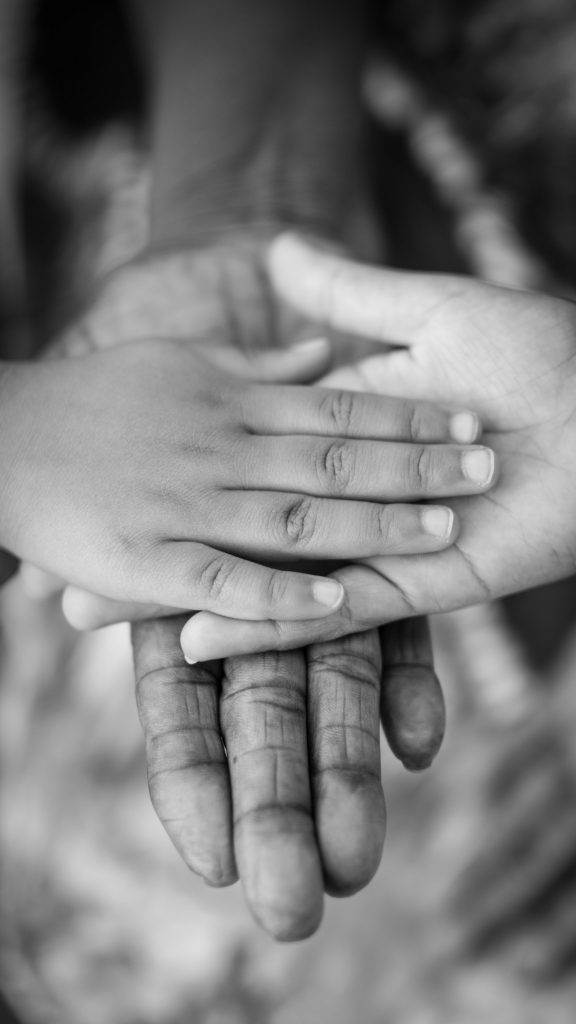Child custody battles can get particularly messy. Even though the child’s best interest is always part of the case, addiction can complicate how a custody award is determined—even if the parent who’s an addict makes more money than the other parent. A custody case can be stressful for all parties involved, but if it’s in the best interest of the child it’s important to move forward with a custody battle.
Addiction can be a factor that contributes to getting a divorce in the first place, but there are some times that custody agreements will need to be rearranged after addiction is discovered. Read on if you’re interested in learning more about how addiction can affect a custody award.
Understanding Parental Substance Abuse
When a court has evidence that the father or mother of a child has substance abuse issues, it can begin to interfere with who gets legal custody. For example, if the parent’s illegal drug use or alcohol consumption is found to impair their ability to take care of their child, a court may rule against the parent in question.
If it’s ever discovered that the addiction issues have ever endangered the child, the parent who’s an addict may also lose physical custody. In order for the judge or mediator to form their ruling, the best interest of the child is always the most important standard. The factors that inform this decision will take into consideration each parent’s individual fitness to care for the child, including their income, financial history, and their alcohol and drug consumption.
How these specific qualities intersect with current or past childrearing issues will influence which parent gets legal custody of the child. In some situations, one parent’s substance use disorder may also require child support payments if they have more money than the other parent.
The Rule of Treatment Programs in Child Custody Cases
If you or your spouse has a substance use disorder, it may be worth looking into treatment programs prior to going to court. It’s worth remembering that if joint physical custody is still on the table and drug or alcohol addiction is the only problem your family is spacing, it may be worth seeking treatment at a rehab center. There are many private drug rehab centres that offer the kind of personalized attention and addiction treatment necessary to detox from your addiction.
Facing drug abuse head-on prior to heading to family court may enable you and your family to avoid going to court altogether. With the right treatment center, you can get the addiction treatment and mental health help necessary to keep your family together. That being said, attending a rehab facility and avoiding relapse can also play a role in how a child custody ruling is determined. While problems in the past may still affect who gets sole custody, illustrating abstinence and taking a treatment plan seriously can help you put your best foot forward when it comes to mediation in court.
Drug and alcohol abuse can play a major role in a custody case. If you’re still not quite sure about the basics of child custody before going into a divorce or custody battle because of substance abuse problems, it can be useful to seek legal counsel. Having an expert lawyer on your side can be the difference between joint custody or losing the award you want. If you’re not going to settle for only visitation rights, make sure that you have consulted with an attorney who understands the ins and outs of your case. With the right approach and strategy, it might be possible to get the child custody settlement you’re hoping for that’s also in the child’s best interest.

